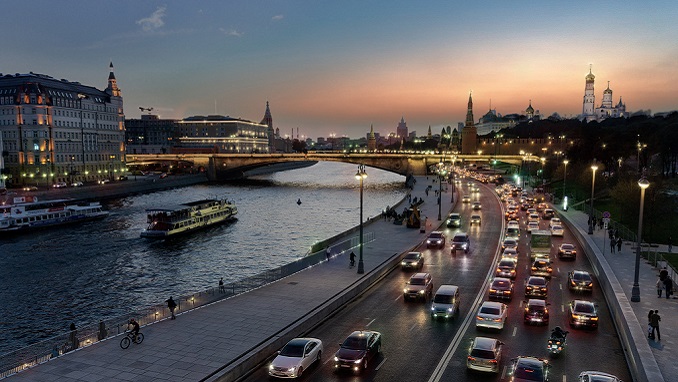There are all grounds to believe that Russia can lift most coronavirus restrictions and enter a “new post-COVID time” ahead of many countries around the world, Russian Federation Council (upper house of parliament) Speaker Valentina Matviyenko noted in her article dedicated to development of the Russian healthcare system published in Parlamentskaya Gazeta, the official parliament publication.
“There are all grounds to think that we will be able to get rid of the majority of restrictions earlier than many countries and move into a new post-COVID time ahead of many, I am personally certain of it. It will happen when herd immunity is formed in case all regions of the country act responsibly in terms of vaccination, the conditions for it have already been laid down generally. I am convinced that it will turn out like that in the end by the statistics that shows a positive dynamic of increase in those wishing to get inoculated,” she wrote.
Matviyenko added that this trend is not observed just in Moscow but in most Russian regions as well, TASS reports.
“Our country is already ranked in the top ten in the number of shots administered. The position will only get better. In this light, I want to once again highlight rational and civic attitude of Russians with satisfaction and gratitude,” the speaker underlined.
According to her, it can be confidently said that the Russian healthcare system has generally withstood the coronavirus challenge. Russia is coming out of the pandemic with much lower losses and costs than many other states, Matviyenko pointed out.
“It is a combination of a whole range of factors: timely and skillful implementation of the complex of sanitary and epidemiological measures, seamless activities of power agencies of all level and a high level of consolidation in the Russian society,” the Federation Council speaker said.
Matviyenko underlined that the federal center, regional authorities and healthcare agencies of all levels acted swiftly and with accuracy during the pandemic, which allowed Russia to avoid a large-scale lockdown and a serious economic recession. “At the same time, certain problems were brought to light as well which should be addressed, it is a fact,” she said, naming health worker deficit, lack of healthcare facilities in rural areas, small and medium-size towns and cities as some of them.












